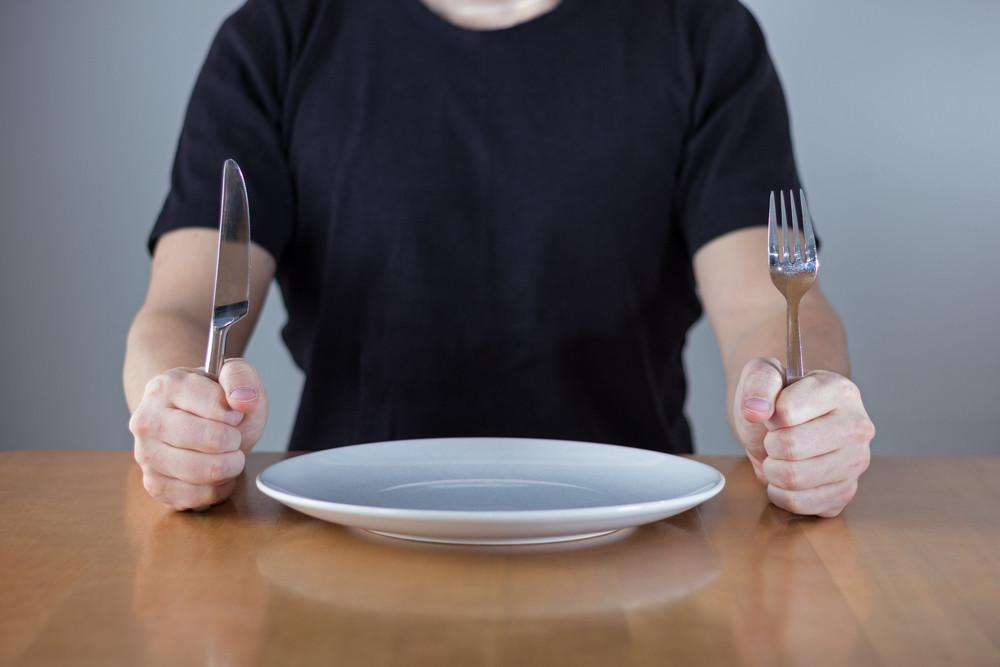It is often said that one should avoid drinking alcohol on an empty stomach. But ever thought why?
Indeed, alcohol is a strong beverage that makes our body feel dizzy and muscles relaxed if consumed in large amounts. However, if one drinks on an empty stomach, there is no other curb to buffer its effect and delay its absorption. As a result, a lot more alcohol is absorbed in a much faster rate.
This harms the body in different ways, like damaging the GI tract lining, impaired cognitive function, and even alcohol poisoning.
Now, without any further ado, let’s find out in detail why you should avoid drinking on an empty stomach.
Table of Contents
ToggleAlcohol Consumption And Absorption- The Regular Absorption Mechanism!
The science behind alcohol consumption and body absorption shows that from sip to entering the bloodstream, our body absorbs alcohol in three parts:
- Mouth
- Stomach
- Small Intestine
As soon as you drink alcohol, the vessels present in the mouth absorb small amounts of ethanol. The remaining ethanol is passed into the stomach, where nearly 20% ethyl alcohol gets absorbed, while the remaining 70 to 80% enters the small intestine and gets absorbed there.
Moreover, it is seen that most of the organs have more or less the same alcohol level, except for the liver, which receives additional alcohol from its hepatic portal system.
What Happens If You Drink On An Empty Stomach: See What Science Says About It!

The consequences of drinking alcohol on an empty stomach are quite alarming and devastating. The reason is that, in this way, the alcohol is transferred to the small intestine within no time. There it is absorbed in the bloodstream, thus making you feel drunker and at a greater risk of getting wasted.
However, if you drink after having a meal rich in key ingredients, the rate of alcohol absorption and rise in BAC is slowed by more than 50%. As a result, the chance of alcohol intoxication and getting expired is also reduced.
The reason is that due to the presence of food, the stomach and small intestine function to break down and absorb both of them instead of just alcohol. Secondly, carbohydrates are easier to hydrolyze and absorb than ethyl alcohol.
According to research done in Pharmacology Education Partnership at Duke University, the pyloric sphincter, which is responsible for passing alcohol from the stomach to the small intestine, is closed when the stomach is full.
As a result, the drink remains in the stomach for a longer time and is thus absorbed slowly.
It is generally believed that eating food nearly 1 hour before consuming alcohol helps slash alcohol absorption by more than 50%.
Top 4 Reasons Why You Should Avoid Drinking On An Empty Stomach- The Risks
Indeed, everyone should avoid drinking on an empty stomach.
But now you must be thinking, what is the problem with it?
From stomach pain to body ache there are various risks associated with drinking on an empty stomach.
A few of them are:
1. Ability To Think
Drinking on an empty stomach is known to diminish one’s thinking ability.
The reason is that alcohol delays the signaling between the brain and body, thus affecting the ability of a person to think wisely, remember things, and make rational decisions.
2. Coordinated Movements
Drinking on an empty stomach makes you feel drunk faster. As a result, the communication between your brain and body is slowed, leading to slowed signals to the receptor site. As a result, you face problems in carrying out even simple tasks. Moreover, it drastically affects the cerebellum, causing poor coordination and balance.
3. Hangover
There are also chances that you experience the unpleasant symptoms of a hangover after drinking alcohol on an empty stomach. The symptoms include
- Nausea
- Dizziness
- Thirst
- Feeling depressed
- Poor sleep
- Severe headache
- poor body coordination
- Vomiting
- Extreme stomach pain
4. Stomach Lining Irritation
Last but not least, when on an empty stomach, there is a high risk that the consumed ethanol will irritate the stomach lining and GI Tract. The reason is that acetaldehyde is itself a strong irritant; there is no other substance present to buffer its harsh effects.
Can Drinking On An Empty Stomach Lead To Alcohol Poisoning?

Yes! Drinking on an empty stomach leads to alcohol poisoning.
When there is no other grub in your stomach, the rate of absorption of alcohol is far more than normal. Consequently, there is a high chance that you can develop alcohol poisoning or intoxication and thus become wasted. If the blood alcohol level increases by 0.08, there is a huge chance of passing out by developing alcohol poisoning.
A few symptoms of alcohol poisoning are:
- Hyperthermia
- Slurred Speed
- Confusion
- Abnormal Bleeding
- Stupor
- Sudden unconsciousness
- Blue skin
How To Alleviate Symptoms Of Drinking On An Empty Stomach?
Here are a few quick things that you can do to help hangover symptoms go away:
- Sipping some fruit juice and water thought out the day
- Eat some easy-to-digest snacks like toast and pretzels
- Put an ice-cold or hot cloth on your forehead to relieve pain
- Try sleeping
What To Eat Before Drinking Alcohol? The Best Food!
Before drinking alcohol, it is best to eat food rich in protein, carbohydrates, and other key nutrients. It helps to reduce craving size as well as slow down the process of alcohol absorption. A few options to go for are:
- Egg
- Melon
- Oats
- Berries
- Banana
- Salmon
- Grapefruit
- Quinoa
- Yogurt
Final Verdict
To cut it short, Drinking On An Empty Stomach results in faster absorption of alcohol in the bloodstream. As a result, it poses various risks to the human body, including poor coordination, diminished cognitive functions, low blood sugar levels, etc.
Therefore, it is advised to always drink alcohol after eating nutrient-rich food!

I am a passionate beer connoisseur with a deep appreciation for the art and science of brewing. With years of experience tasting and evaluating various beers, I love to share my opinions and insights with others and I am always eager to engage in lively discussions about my favorite beverage.
















